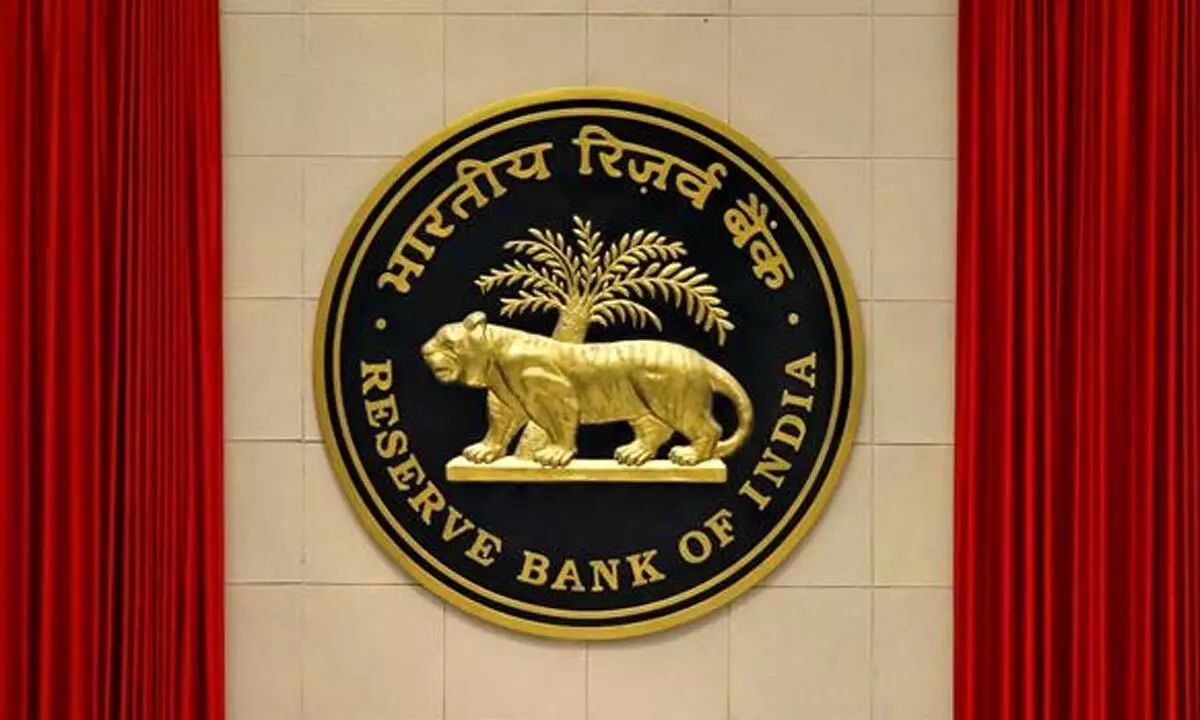EMIs to rise as RBI hikes repo rate

Reserve Bank of India
Home, auto and other loan EMIs will rise after the Reserve Bank of India (RBI) on Wednesday raised the key interest rate by 50 basis points, the second increase in five weeks, to rein in a rise in prices that was seen continuing to hurt consumers in the near term.
Mumbai: Home, auto and other loan EMIs will rise after the Reserve Bank of India (RBI) on Wednesday raised the key interest rate by 50 basis points, the second increase in five weeks, to rein in a rise in prices that was seen continuing to hurt consumers in the near term.
The increase in lending rate or the repurchase rate (repo) by 50 bps -- the biggest in more than a decade -- to 4.90 per cent comes on the back of a 40 bps hike last month at an unscheduled meeting that kicked off the tightening cycle.
Simultaneously, the pandemic-era accommodative stance was dropped, which meant more hikes may be in the offing to tame inflation that since the start of the year has been hovering above the central bank's upper tolerance limit. "Inflation has steeply increased much beyond the upper tolerance level (of 6 per cent)," RBI Governor Shaktikanta Das said while announcing the bi-monthly monetary policy.
"Upside risks to inflation as highlighted in last policy meetings have materialised earlier than expected." The RBI raised its inflation forecast for the current fiscal (April 2022 to March 2023) to 6.7 per cent from 5.7 per cent earlier on the expectations of prices staying above the 2-6 per cent tolerance band in the first three quarters (till December-end).
The law mandates that the central bank will have to explain in writing to the government the reasons for failing to keep inflation within the targeted band if prices were to stay above 6 per cent for three straight quarters. It also has to suggest remedial measures to bring prices under control.
To balance the inflation-growth dynamics, Das said RBI will remain focused on the withdrawal of accommodation as system liquidity continues to remain above pre-pandemic levels. However, withdrawal of accommodation will be done in a way that growth will continue to get adequate support, he added. "We have dropped the word (accommodative) but we remain accommodative and that is mainly to give more clarity to the market," he said.










